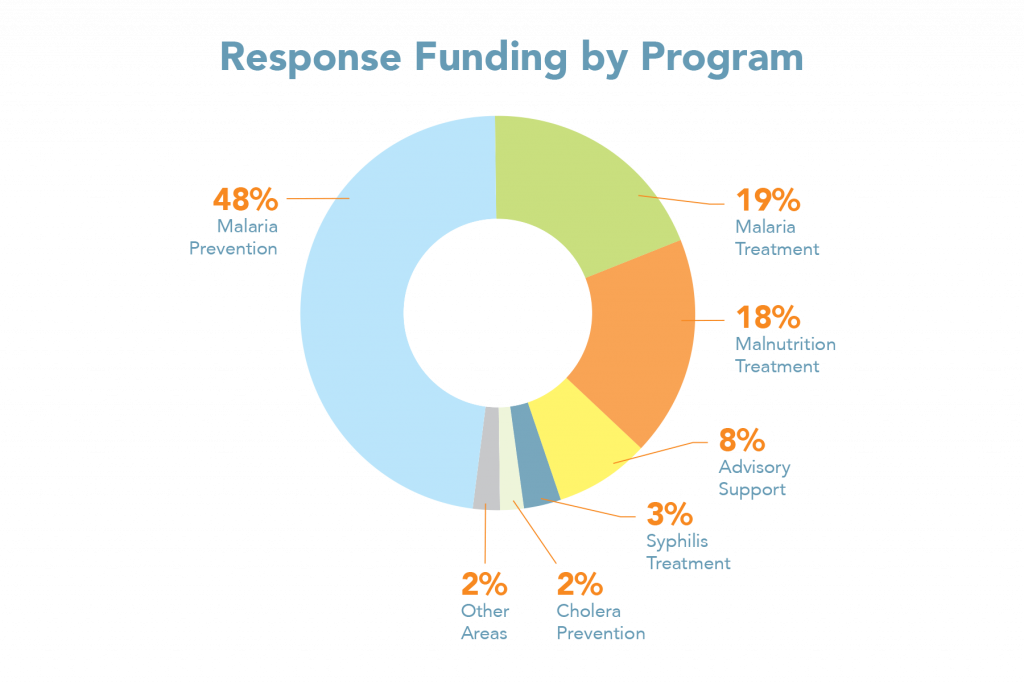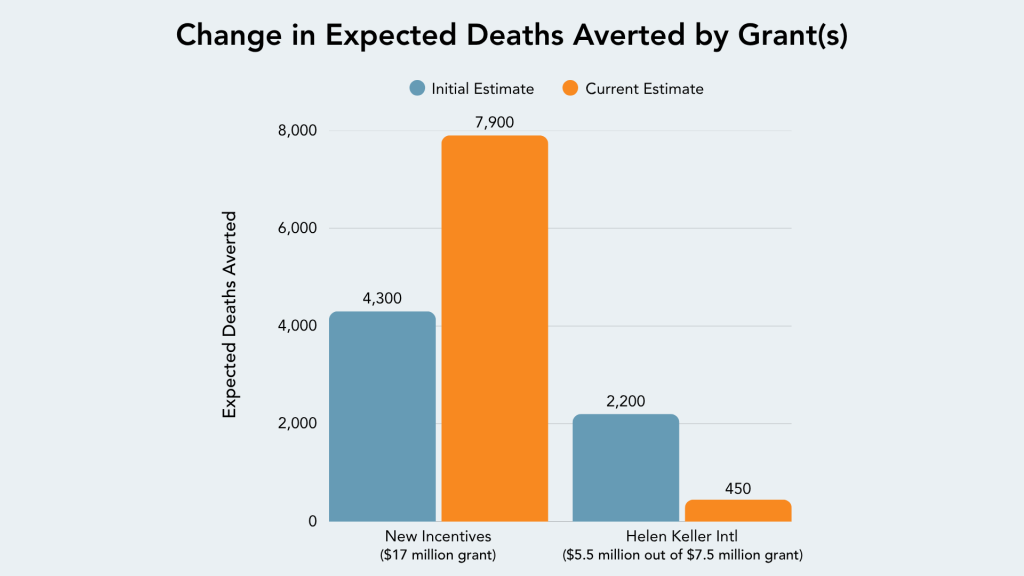It has been a tumultuous year for global health. In early 2025, the US government cut billions of dollars in foreign aid, affecting millions of people around the world and creating substantial uncertainty that continues to ripple through health and development programs around the world.
Drawing on almost two decades of cost-effectiveness research and analysis, GiveWell assessed the effects in real time and identified funding gaps where donors’ contributions could have exceptional impact. Our actions were guided by our core principles:
- Search for highly cost-effective giving opportunities, even in uncertain circumstances.
- Rigorously evaluate those opportunities and share our research publicly, while acknowledging that timely action sometimes requires accepting higher uncertainty.
- Direct funds to where we think they’ll do the most good, considering both immediate needs and long-term implications.
Our response so far

In response to funding shortfalls, we funded time-sensitive opportunities to ensure that cost-effective programs could continue. And in response to substantial uncertainty and in expectation of growing needs, we engaged in efforts to research new areas and prepare ourselves for the future. You can read some examples of our response later in this post.

